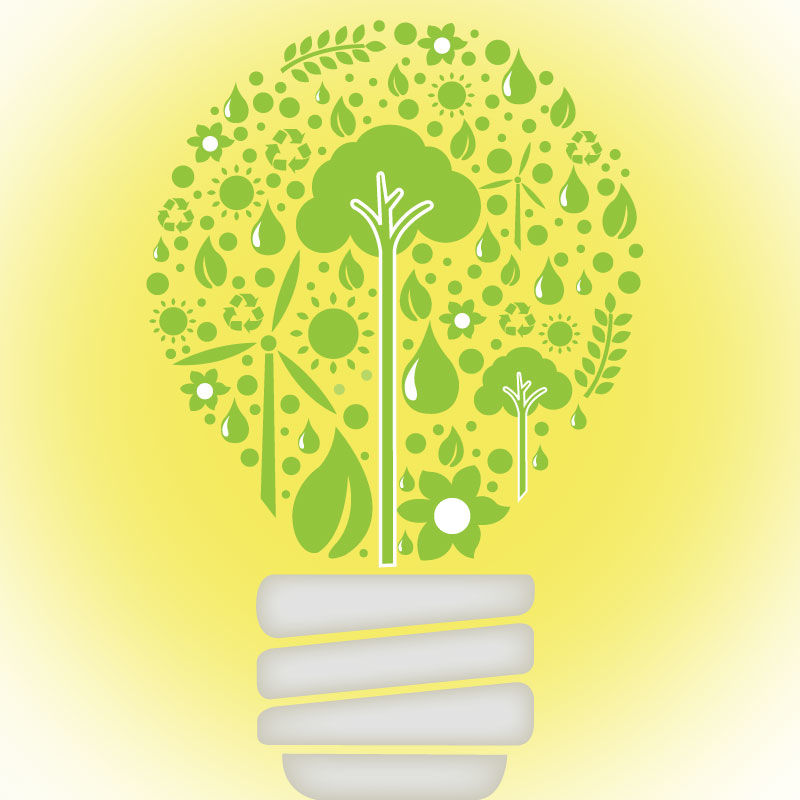Communities around the world have set aggressive, energy-saving goals to reduce costs and improve the environment, but can your community reach "zero net"?
A general definition used by the U.S. Department of Energy of a "zero net energy" community (ZEC) is one that has greatly reduced energy needs through efficiency gains and balances the vehicular, thermal, and electrical energy needs within the community through renewable energy sources.
Understanding energy use as an integrated system for an overall community—rather than looking at strategies for buildings, transportation, and industry separately—is the key to the ZEC approach. By doing so, planners are able to develop community scenarios that link transportation, structures, and the electric grid with new energy systems that feed large quantities of renewable power back into the grid! The comprehensive approach creates various opportunities for communities to significantly reduce overall energy use, generate on-site energy, and move towards the balance of "zero net."
Another benefit of the ZEC approach is the set of metrics available to measure a community's progress towards "zero net." Metrics such as the balance between annual energy produced and energy consumed by buildings and transportation offer an important way to show successful performance for community sustainability, which would otherwise be difficult to define.

